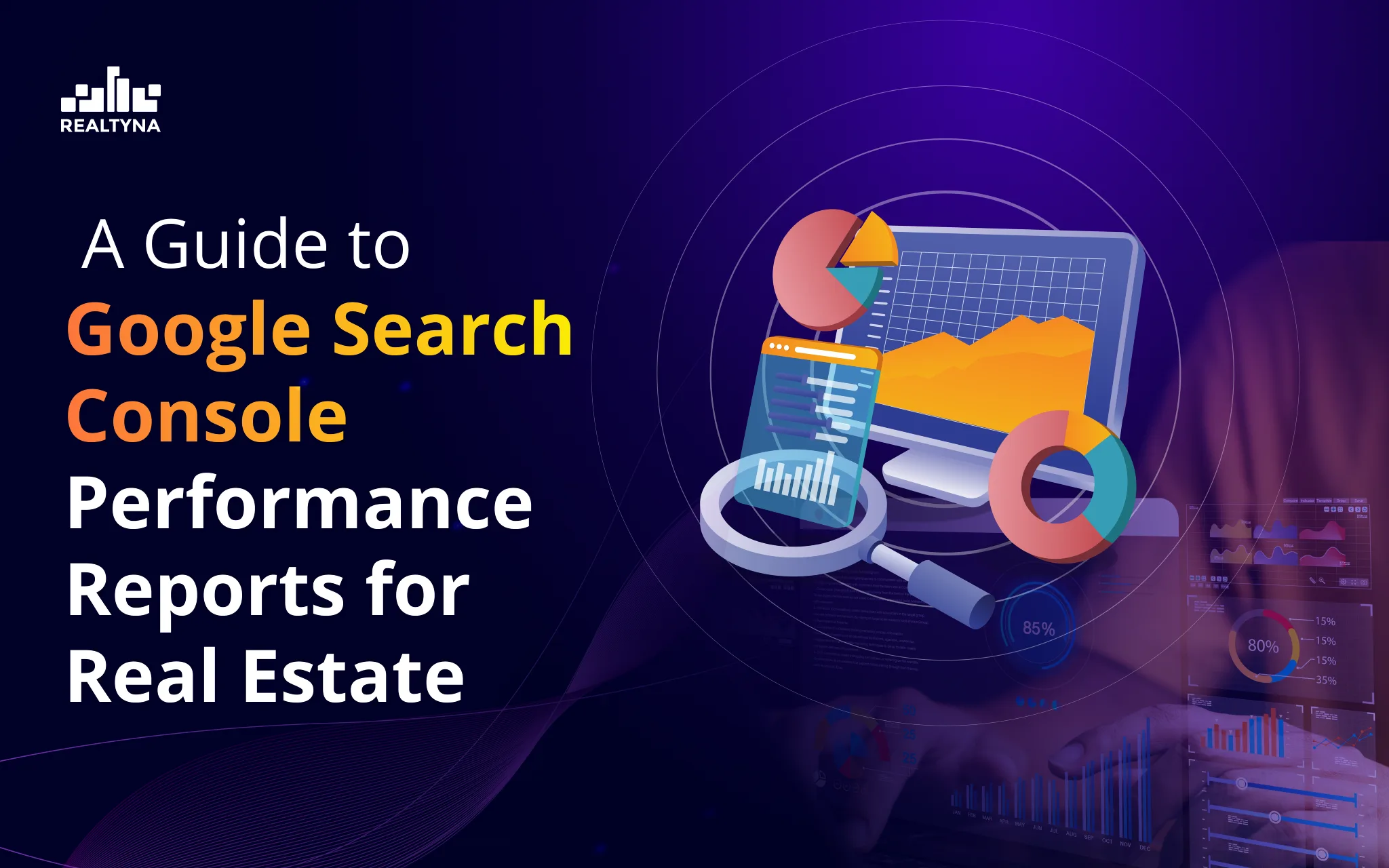
A Guide to Google Search Console Performance Reports for Real Estate
Google Search Console’s Performance Reports provide invaluable insights into your real estate website’s search performance. These reports offer a comprehensive view of how your site appears in Google Search results, including key metrics such as clicks, impressions, average position, and click-through rate (CTR).
By analyzing this data, you can gain a deeper understanding of your site’s visibility and user engagement in search results.
Key Metrics Explained
To effectively interpret your Performance Reports, it’s crucial to understand the following metrics:
- Clicks: The number of times users clicked on your website’s listing in search results.
- Impressions: How often your site appears in search results, even if not clicked.
- Average Position: The average ranking position of your site for a particular query.
- Click-Through Rate (CTR): The percentage of impressions that resulted in clicks.
These metrics provide a holistic view of your site’s search performance, allowing you to identify areas for improvement and track progress over time.
Utilizing Filters and Dimensions
Performance Reports offer various filters and dimensions to help you drill down into specific aspects of your search performance.
You can analyze data by query, page, country, device, and search appearance. For real estate websites, it’s particularly useful to examine performance for location-specific queries and property-related keywords.
These options allow you to focus your content on and optimize your site for the most important and effective search terms within the real estate industry, making it easier for potential clients to find you.
Identifying Traffic Changes and Trends

Analyzing Performance Fluctuations
Tt’s crucial to identify significant traffic changes and trends. Begin by reviewing the overall traffic patterns for your real estate website over different time periods.
Look for sudden spikes or drops in impressions and clicks, as these can indicate major shifts in your site’s visibility or user behavior.
Pay close attention to seasonal trends that may affect real estate searches. For example, you might notice increased traffic during spring and summer months when home-buying activity tends to be higher. Conversely, you may see dips during holiday seasons or winter months when people are less likely to be house hunting.
Investigating Specific Metrics
To gain deeper insights, analyze individual metrics such as click-through rate (CTR) and average position. A declining CTR could suggest that your meta descriptions or titles need optimization, while improvements in average position may indicate successful SEO efforts.
Compare these metrics across different pages and property types to identify which areas of your website are performing well and which need attention.
Utilizing Comparison Features
Take advantage of Google Search Console’s comparison features to contextualize your data. Compare current performance to previous periods to spot emerging trends or assess the impact of recent changes to your website. You can also benchmark your performance against competitors in the real estate industry by using the “Compare” function, which allows you to see how your site stacks up against similar properties in your market.
Optimizing Site Performance Based on Search Analytics

Identifying High-Performing Keywords
Search analytics reveal which keywords are driving traffic to your site. Focus on these high-performing terms to:
- Optimize existing content around these keywords
- Create new, targeted content to capitalize on their popularity
- Incorporate them into your meta titles and descriptions
Remember, however, that keyword optimization should always feel natural and provide value to your readers.
Addressing Underperforming Pages
Identify pages with low click-through rates (CTR) or high impressions but low clicks. To improve their performance:
- Revise meta titles and descriptions to make them more compelling
- Update content to better match user intent
- Improve internal linking to boost these pages’ visibility
Enhancing Mobile Experience
With the increasing prevalence of mobile searches in real estate, pay close attention to mobile performance metrics. If you notice lower mobile CTRs:
- Ensure your site is fully responsive
- Optimize page load times for mobile devices
- Simplify navigation for smaller screens
Leveraging Seasonal Trends
Real estate often experiences seasonal fluctuations. Use search analytics to identify these trends and:
- Plan content calendars around peak search periods
- Prepare for slower seasons with evergreen content strategies
FAQs About Using Search Console for Real Estate SEO
How often should I check my Search Console data?
For real estate professionals, it’s recommended to review your Search Console data at least weekly. As a Real estate SEO expert, I check GSC every day.
Can Search Console help me target specific locations?
Absolutely. Search Console’s performance report can provide valuable insights into how your real estate listings perform in different geographic areas. By analyzing this data, you can tailor your content and SEO efforts to target high-potential neighborhoods or regions more effectively.


Sorry, the comment form is closed at this time.